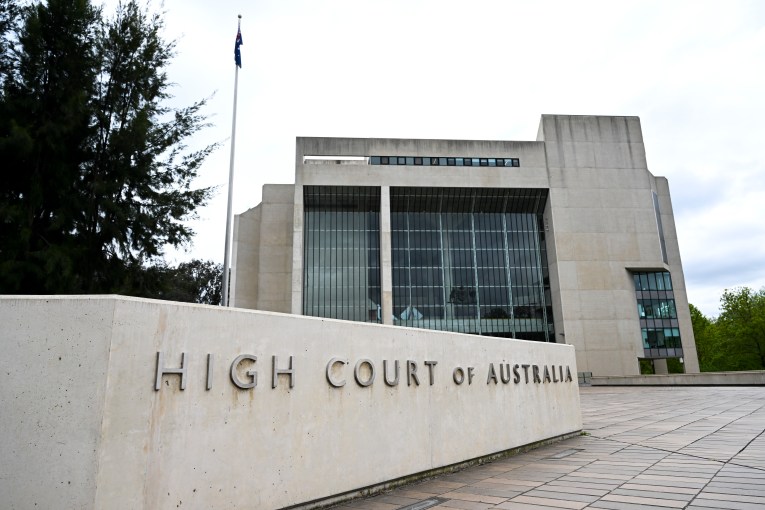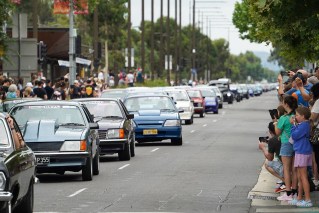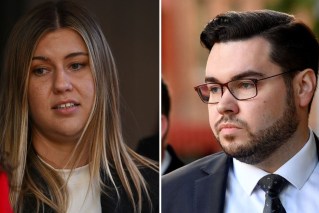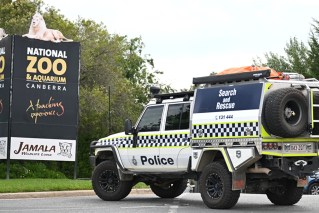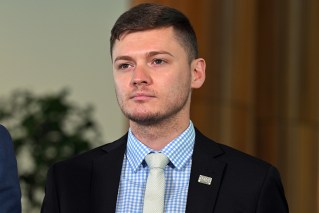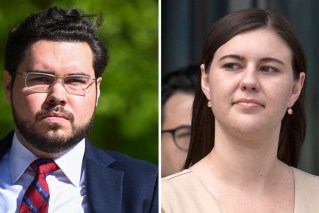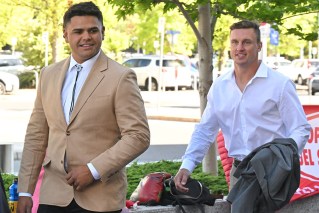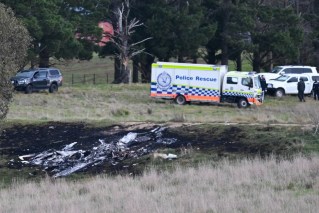NSW, ACT Catholic school teachers’ strike
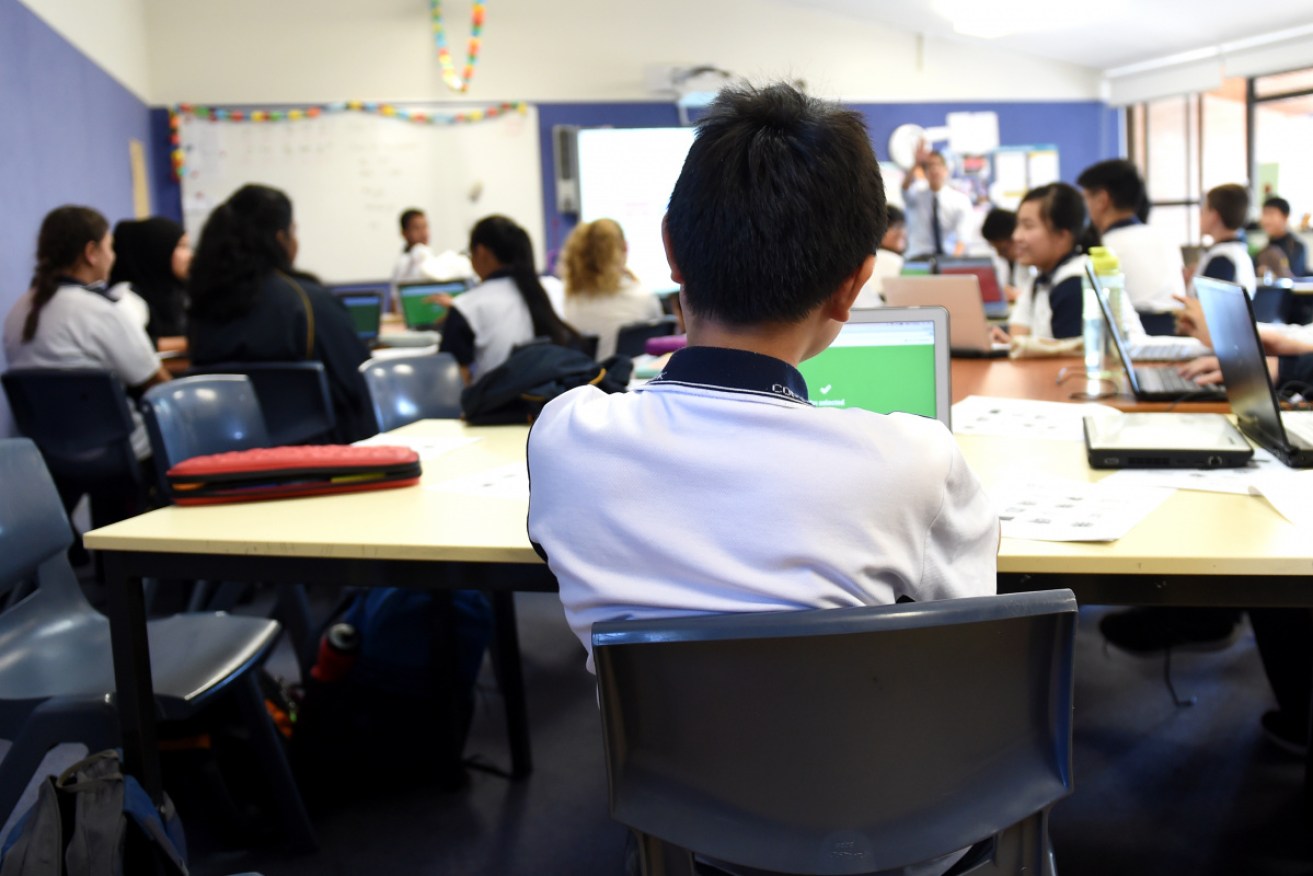
The number of public school teachers leaving the profession in NSW is on the rise, eclipsing the number who retired last year. Photo: AAP
Some 18,000 teachers and support staff from 540 Catholic diocesan schools in NSW and the ACT are preparing to strike for 24-hours over pay and conditions.
The Independent Education Union says its members will stop work on Friday to march at 10 rallies throughout NSW and the ACT.
It’s the first full-day stoppage by Catholic school teachers in 18 years.
The union wants a pay increase of 10 to 15 per cent over two years, less paperwork, more pupil-free time for planning and an end to staff shortages.
The industrial action follows a 24-hour strike three weeks ago. NSW public school teachers have been concerned about a chronic teacher shortage and have demanded a pay increase above the 2.5 per cent cap on public sector wage rises.
NSW/ACT Branch Secretary Mark Northam says teachers rarely take industrial action.
“But uncompetitive salaries, unsustainable workloads and crippling staff shortages have pushed them beyond their limits,” he said.
The IEU, which represents 32,000 teachers and support staff throughout NSW and the ACT, will have to wait until next month’s NSW budget to see if teachers get a significant pay rise.
Premier Dominic Perrottet has flagged the government will lift its 2.5 per pay cap, in place since 2011, for frontline workers in the June 21 budget.
The pay cap applies to public servants and while Catholic employers are not bound by it, they typically take their cue from it.
One Catholic diocese this week offered an increase to school staff that would exceed the pay cap but it didn’t come close to union demands.
“If there is no improved offer after Friday, the IEU executive will meet to consider further industrial action,” Mr Northam said.
Mr Perrottet says he is “obviously upset” about the strike, not least because several of his own children attend Catholic schools.
Many parents will be inconvenienced and while he sympathised with the challenges facing workers, labour shortages and the pandemic had created a difficult time for everyone.
“Ultimately we are all in this together … from our position we are working through the area of responsibility we have for the public sector in NSW,” Mr Perrottet said.
